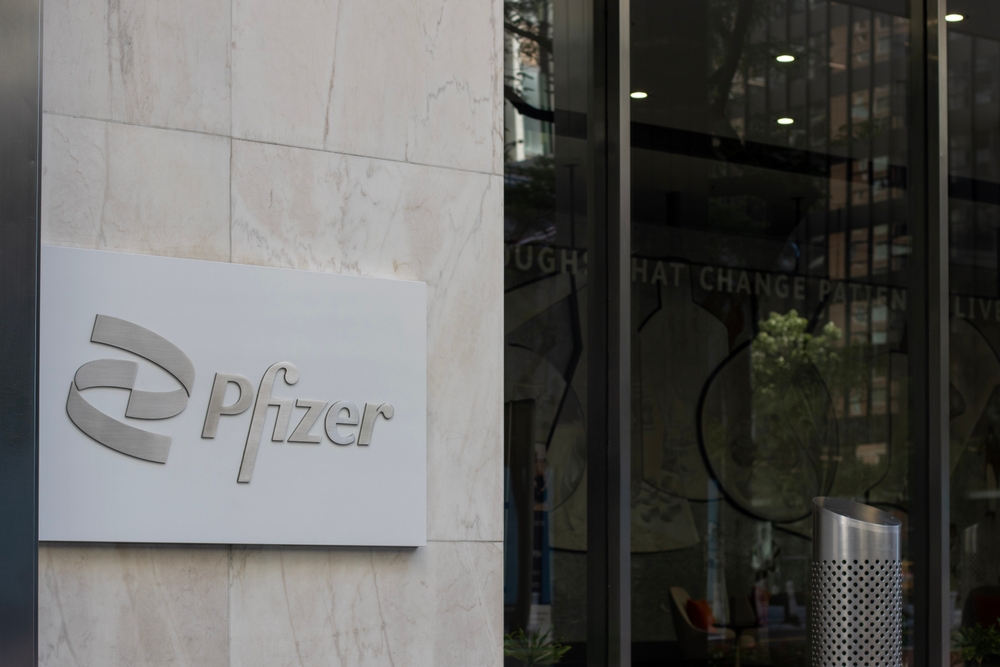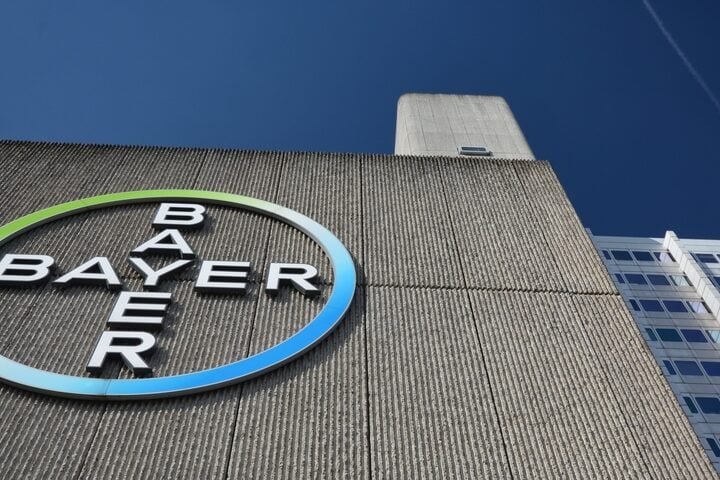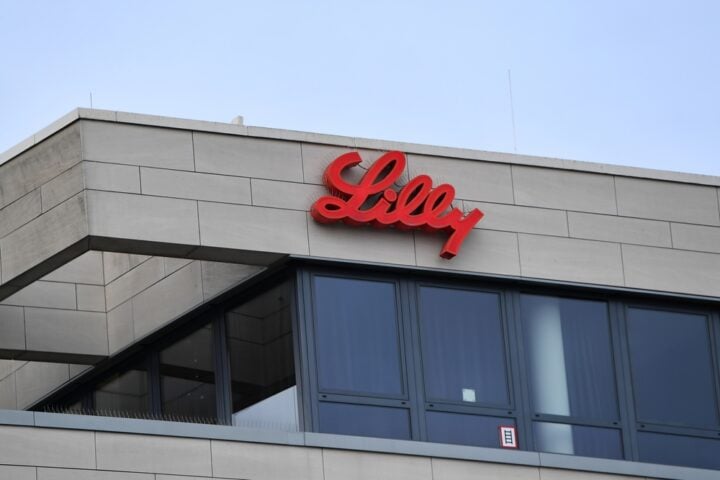Pfizer has raised its revenue and earnings outlook for the year, now expecting between $61 billion and $64 billion in revenue and adjusted earnings per share of $2.75 to $2.95. This optimistic forecast comes at a pivotal moment as the company grapples with cooling investor interest and a shift away from its COVID-19 portfolio. Despite strong third-quarter earnings driven partly by the recent $43 billion Seagen acquisition, Pfizer faces intense pressure to reassure investors of its long-term potential.
Third-Quarter Earnings and Seagen Boost
Pfizer’s third-quarter earnings report showed $17.7 billion in revenue, a 23% year-over-year increase, reflecting solid growth amid a challenging market environment. Some of this momentum comes from cancer drugs acquired through the Seagen deal, a strategic acquisition aimed at bolstering Pfizer’s oncology portfolio. The move was timely as several of Pfizer’s flagship drugs, including the Prevnar 13 vaccine and cancer treatment Ibrance, face looming patent expirations by 2026 and 2028, respectively.
Yet, despite these gains, Pfizer’s stock has fluctuated. After a brief premarket rise, shares dipped nearly 2%, trading at $28.38 as investor enthusiasm waned over the company’s long-term trajectory.
CEO Bourla’s Vision and Shareholder Dynamics
CEO Albert Bourla remains vocal about his belief that Pfizer is undervalued. In an earnings call, he reiterated his commitment to enhancing shareholder value, expressing openness to collaborate with investors, including Starboard Value, a prominent activist investor. “I am open to working with all shareholders, including Starboard,” Bourla said, emphasizing that acquisitions and internal pipeline advancements are poised to secure Pfizer’s future.
The presence of Starboard Value has heightened speculation over Pfizer’s next steps, though analysts suggest that the activist investor may have limited ability to influence Pfizer’s strategy significantly. Some compare Pfizer’s position to that of Bristol Myers Squibb during its pipeline restructuring phase, highlighting the patience required when navigating a lull in blockbuster approvals.
Pipeline Progress: Approvals and Challenges
Pfizer’s growth depends heavily on new approvals and advancing products through its pipeline. The company’s RSV vaccine recently received FDA approval for broader use, expanding from older adults to include all adults, which could create a fresh seasonal revenue stream. However, recent setbacks with the weight-loss drug danuglipron have added pressure. While Pfizer had hoped to tap into the lucrative weight-loss market, early trial challenges have raised doubts, particularly as competition intensifies.
After initial setbacks, Pfizer announced that its weight-loss pill has entered Phase II trials, a sign of progress despite cautious investor sentiment. In the interim, investors are watching closely for additional successes that could offset anticipated declines as older products lose exclusivity.
Market Realities and Investor Patience
Despite recent progress, Pfizer’s stock remains under pressure as investors wait for breakthrough drugs to replace its maturing blockbusters. Some analysts point out that Pfizer’s journey is not unusual in the pharmaceutical industry, where product cycles and pipeline development require extended timelines. For example, Bristol Myers Squibb faced a similar period of low investor confidence while reconfiguring its pipeline but ultimately rebounded as new drugs gained traction.
Yet, with increased attention on Pfizer’s balance of near-term pressures and long-term strategy, the market expects more clarity on how Pfizer will bridge the gap between recent acquisitions and future innovations. Bourla’s openness to shareholder input, coupled with continued pipeline advancements, reflects the company’s commitment to navigating these challenges, even if patience is needed.
Pfizer’s updated revenue and earnings outlook underscores its confidence in achieving growth, even as it moves away from COVID-19 product reliance. The Seagen acquisition, recent FDA approvals, and Bourla’s outreach to investors highlight Pfizer’s proactive approach, though questions around its weight-loss drug and future blockbusters linger. As Pfizer works to restore investor confidence and strengthen its pipeline, the coming quarters will be crucial in determining whether the company can secure a robust post-COVID identity in the pharmaceutical landscape.







